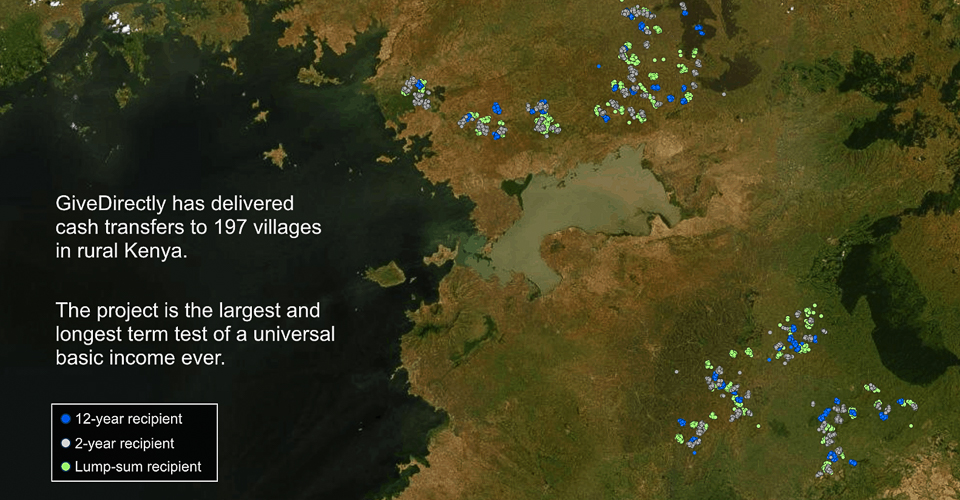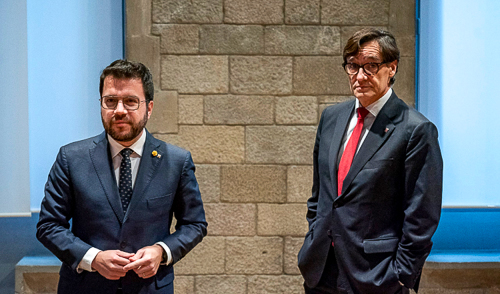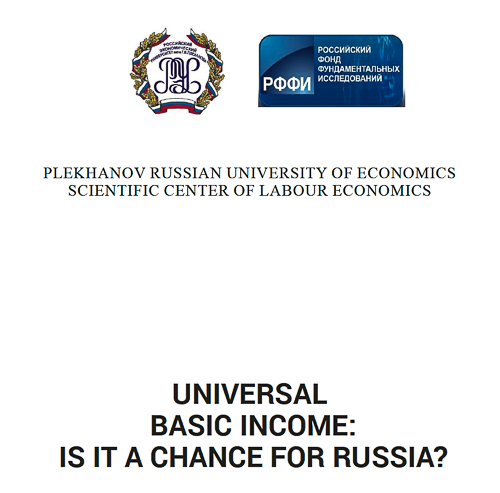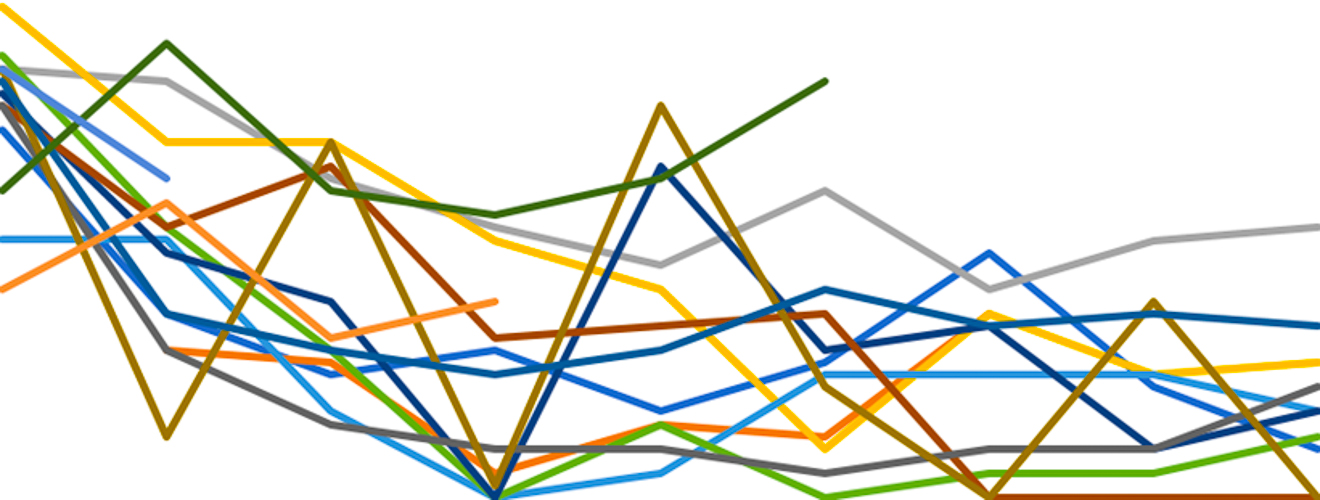
by Peter Knight | Apr 20, 2023 | News
Image credit: https://www.givedirectly.org/ubi-study/
On 19 April 2023 The Guardian published a review by Peter Bradshaw of the 2022 film, “Free Money”. The documentary follows an experiment funded by the charity GiveDirectly in which residents of the Kenyan village of Kogutu over the age of 18 can opt to receive a universal basic income of $22 per month for the test period of 12 years.

by Jurgen De Wispelaere | Mar 7, 2023 | Events, News
The photo above is of President Aragonès (ERC) next to Salvador Illa (PSC) after ratifying the agreement on the Catalan anual budget. (C) Joan Mateu Parra.
The Catalan Basic Income Pilot project, which plans to conduct one of the largest basic income experiments featuring 5000 individuals in several locations across Catalunya, is currently under threat. On Friday the Catalan Parliament will vote on the budget for the upcoming year, including an amendment to defund (and by implication cancel) the pilot project. There are several initiatives under way to support the continuation of the project. The Scientific Committee today published an open letter in support of the Catalan Basic Income Pilot project, published in elDiario.es.
Read an English translation of the letter here.

by Peter Knight | Jan 29, 2023 | News
A group of Russian professors led by Vyacheslav Bobkov of the Plekhanov Russian University of Economics, Scientific Centre of Labour Economics, Moscow, has published a 371 page monograph in Russian with an English language summary.
“Goals of the study presented in the monograph are to develop theoretical provisions of the concept of an universal basic income (UBI); to summarize and systematize the results of the survey of the Russian experts and citizens about the potential UBI key principles and possibilities of its implementation in Russia; to identify primary foreground categories of the population for its testing; to assess the feasibility of expanding UBI tools, taking into account the development of it’s transitional forms (the definition of “basic income (BI)” is used below for them), especially during the COVID–19 pandemic; to model the pilot projects (experiments) on the UBI implementation for the most vulnerable groups of the population.”
You can read the English summary here and the full Russian text here.

by Peter Knight | Oct 30, 2022 | News
An article by Sigal Samuel entitled “Everywhere basic income has been tried, in one map Which countries have experimented with basic income — and what were the results?” is now available online.
To read the article click here.

by Guest Contributor | Oct 8, 2022 | Research
My name is Jonathan Berg. I have been working as a medical anthropologist doing research with people living in poverty and marginalization since 2012. I currently work at the Erasmus University. In the past few years I have been involved as a researcher with an experiment in the Netherlands which I think might be of interest to BIEN website visitors.
For a period of three years, a group of 14 people under forensic psychiatric care (meaning having a criminal history and a severe mental affliction), received an almost rule-free extra income to find out if taking away their financial stress (scarcity theory) would reduce the amount of public nuisance they caused and crimes committed. All they had to do to keep receiving the money was: 1) not be incarcerated, 2) have an address in the city where the experiment took place, and 3) talk to researchers every 6 months.
We did a longitudinal qualitative study using the case history method to carefully map all developments and thus were able to study and describe the lives of the participants and observe changes in their behavior. When we first met the participants, many of them were living in in cycles of: poverty, debts, violent or criminal behavior, psychiatric troubles, and drug use. With little to no perspective of any improvement, many lacked the ability to see a future for themselves and some saw only death as a way out of their misery.
Since these participants often had a history of substance abuse, there were worries that they would spend the income of alcohol and drugs. However, a negligible amount the money actually was thus spent. Instead, they spent it making their houses more livable, and on food, self care, medical costs, transportation, and social activities. For most of the participants the money meant a world of change and we noted an overall improvement in their mental wellbeing and a decrease in the risk of recidivism.
We saw three ways in which the steady extra income helped reduce violent or otherwise criminal behavior. Firstly, the extra money provided income security. This made them less dependent on undeclared work and crime to make ends meet. Secondly, they had less financial stress, so they could control their impulses better and were better able to cope with setbacks that would have otherwise triggered, for example, violent behavior. Thirdly, they cherished the improved quality of life due to the extra income, and did not want to risk loosing it. Therefore, they were more thoughtful about any behaviors that might come with the risk of incarceration, since that would (temporarily) stop the monthly payment.
Unsurprisingly, during the experiment the participants did not turn into model citizens and we observed many other influences inhibiting them from living in the ways that they wanted. But, as one of the participants said: “Money is not everything, but everything is money”. It seems that for people living in extremely marginalized situations, like forensic psychiatric clients, a guaranteed minimum income could help shape preconditions needed to escape their chains of poverty, psychological afflictions, stress, and criminal or aggressive behavior.
Our research report, including all the inspiring and sometimes confrontational stories of the participants, is currently only available in Dutch. We will work on publishing it in an international academic journal at a later stage, but that will take some time.
The initiative for this experiment was taken by Irene Veldhuis and Wouter Boekweit, who at the time both worked in forensic psychiatric care. The Research was done by Jonathan Berg and Dorien Mul.
Jonathan Berg
PhD candidate
Erasmus School of Health Policy & Management
Mobile: +31 634402726
Email: berg@eshpm.eur.nl






